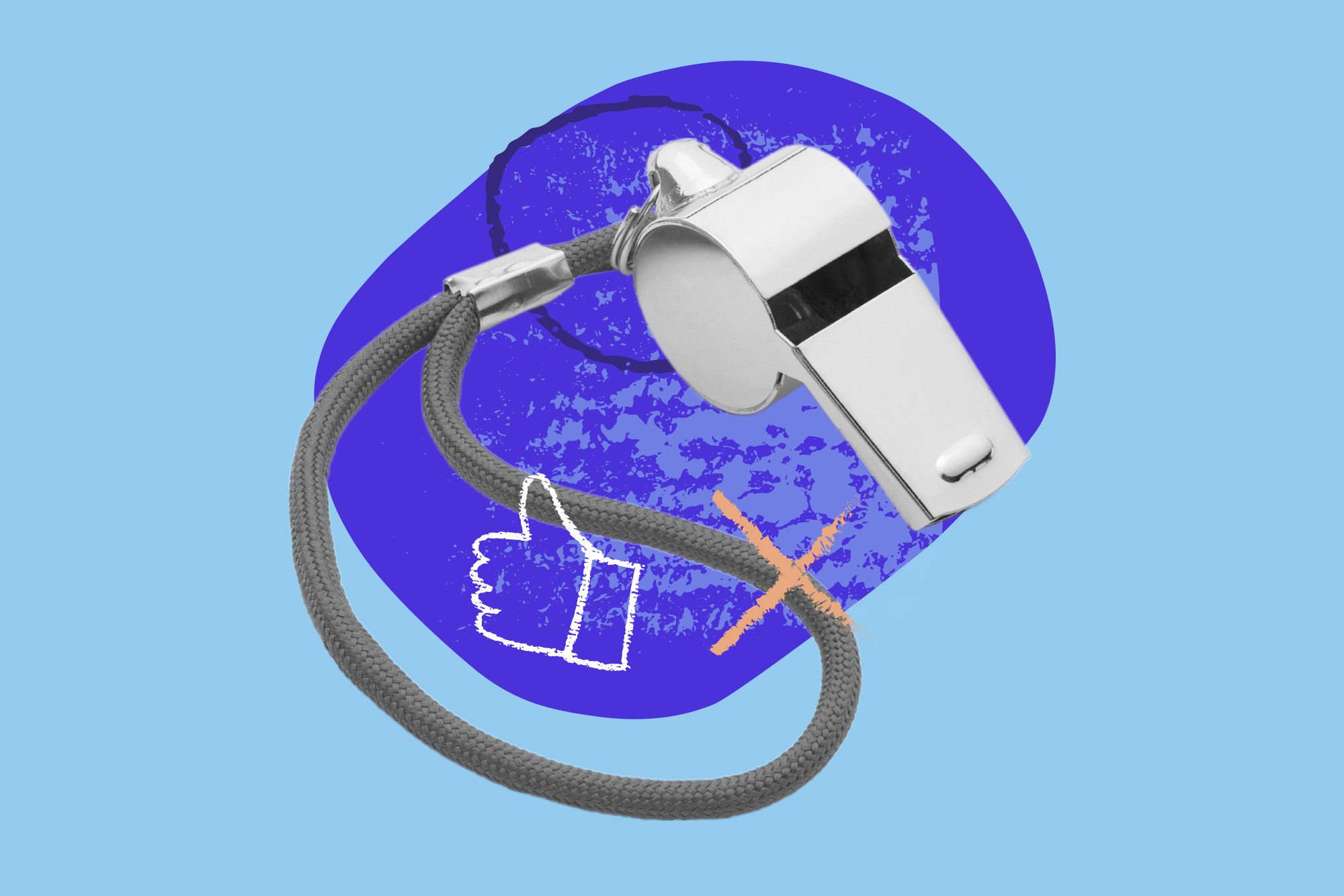We’ve All Grown Up in Diet Culture—Let’s Call Out the Nonsense
Published October 14, 2025 | Last Updated October 31, 2025

Diet culture isn’t new. It’s the water many of us were raised in. It shows up in our social feeds, our gyms, our group texts. It’s woven into doctor visits, health classes, marketing campaigns, and family dinner tables. Most of all, it echoes in our own inner voices—so common and normalized that many of us don’t even recognize it.
But just because it’s familiar doesn’t mean it’s harmless.

Diet Culture Isn’t Just Annoying—It’s Harmful
It’s easy to write off phrases like “cheat day” or “clean eating” as harmless trends. But the truth is: diet culture is dangerous.
- 1 in 5 people will develop an eating disorder by age 40.
- Every 52 minutes, someone in the U.S. dies as a result.
- Only 1 in 5 people with an eating disorder ever receive treatment.
And even for those who never develop a clinical diagnosis, diet culture still takes a toll. It robs us of energy, joy, and mental space. It fills our heads with “shoulds” and “not enoughs.” It teaches us to monitor, shrink, and compare our bodies—constantly.
Worst of all, it convinces us that if we feel bad, we’re the problem. That we’re the ones who lack willpower or discipline. Not the system. Not the standard. Not the made-up rules that are impossible to meet in real life.
This is the story we inherited.
The question is: is this the one we want to pass on to our kids?
The Lies We’ve Been Taught
Diet culture thrives on lies dressed up as “wellness.” Here are just a few examples we’re calling out:
- “Beach Body” campaigns
The only thing you need for a beach body is a body and a beach. Judging who “belongs” in a swimsuit? That’s diet culture talking. - XXX-calorie diets for adults
Some diets recommend eating as little as a toddler would. That’s not “discipline”—it’s undernourishment. - “Clean eating”
Food isn’t dirty or clean. This trend adds guilt and morality to meals—and disconnects us from our bodies. - Fasting, detox teas, “cheat days”
Your body already detoxes itself. Eating isn’t cheating. And guilt doesn’t belong at the table.
These ideas aren’t health. They’re shame-based control. And it’s time to say: enough.
So, What Now?
Diet culture isn’t going to disappear overnight—but the way we talk about food and bodies can shift, starting with us.
At WithAll, we believe that when adults speak differently, kids grow up thinking differently. That’s why we created the 3 Simple Shifts—a free, practical video and PDF resource for anyone who wants to raise kids with better body image and a healthier relationship with food.
Whether you’re a parent, teacher, coach, healthcare provider—or just someone who wants to do better—this guide is a great place to start.
Because the future we want for kids? It begins with what we say today.
Small shifts in what you say can make a big difference. Get our free 7 Guiding Principles and learn what to say to help kids feel good in their bodies and with food.



